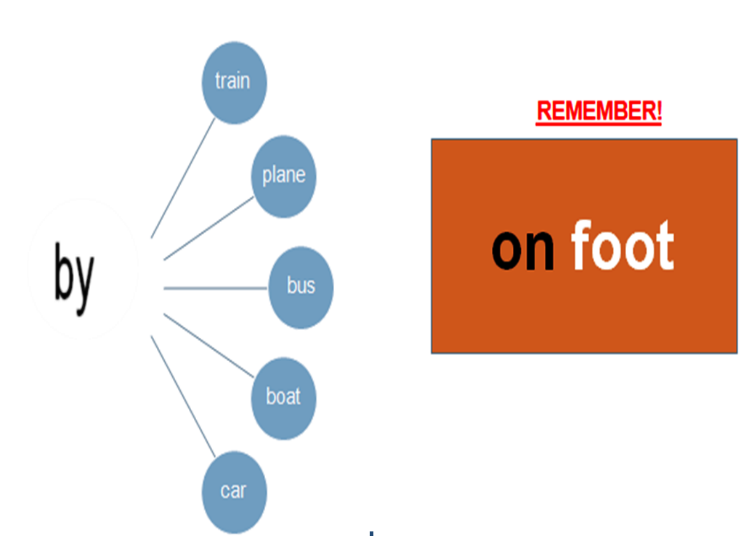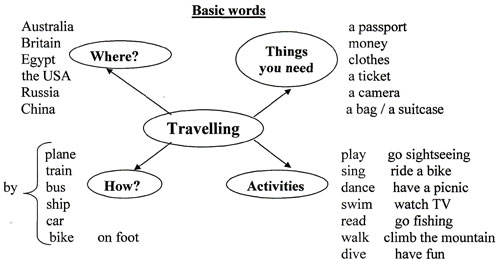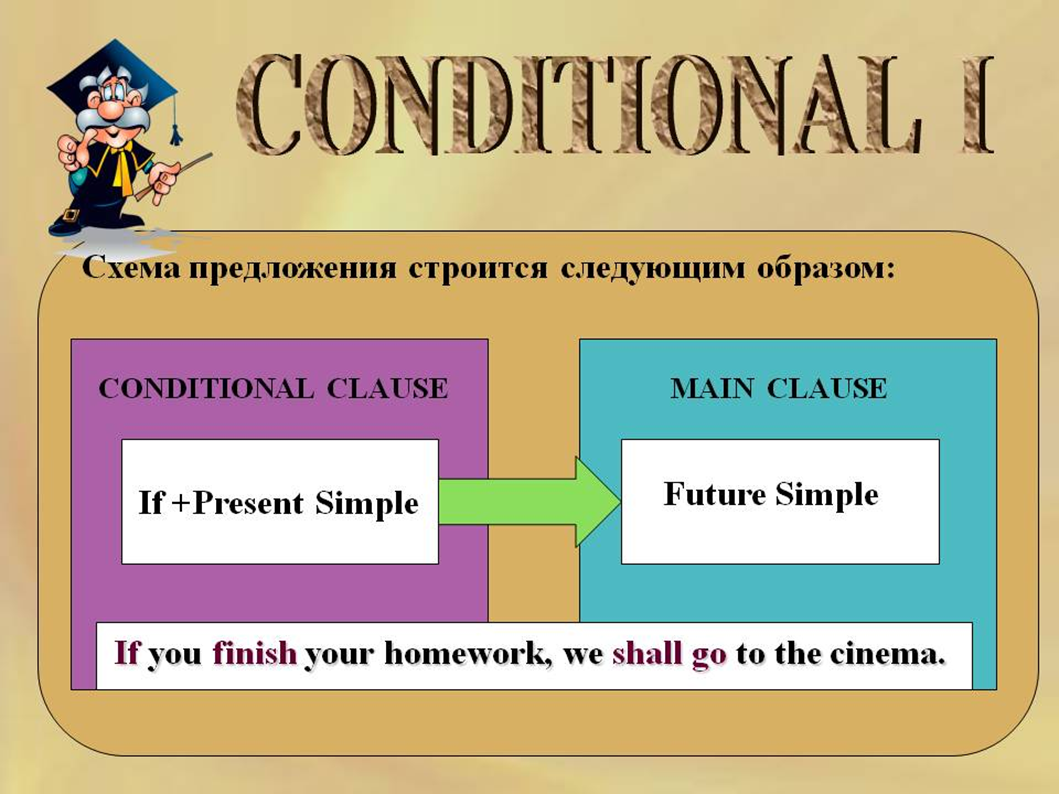План - конспект урока «What can you do in spring?» 3 класс
Цели:
Образовательная: 1. Совершенствовать речевые навыки
2. Научить задавать вопросы и отвечать на них
Развивающая: Развивать память, внимание, мышление, эмоциональную и мотивационную сферу личности ,развивать познавательную деятельность
Воспитательная: Воспитывать умение общаться
Воспитывать уважение к культурным ценностям
Практическая: Совершенствовать навык говорения по теме «Погода и виды спорта»
Продолжать формировать умение говорить и писать в настоящем времени
Мотивация целей: удовлетворение потребностей в общении
Технологии: личностно-деятельностно-коммуникативная
Метод: коммуникативный
Средства обучения: УМК «Лапицкая Л. М. ,Калишевич- английский язык 3 класс,2 часть, Activity book 2 часть,компьютер, проектор,наглядность
Ход урока
Организационный момент
Good afternoon, pupils! I’m glad to see you . Sit down ,please!
What’s the weather like today?
2.Фонетическая зарядка
Look at the blackboard!(звук Аа)
Answer my questions – What can youdo in winter? play tennis(volleyball, snowballs, badminton)
Основная часть урока
Open your pupils books at page 100, exercise 1a. Listen and point to the pictures!
Say the chant
Активизация навыка чтения и говорения
Go to the blackboard and put the pictures to the seasons
4b) Read and correct three mistakes
c) Speak about you. What season do you like? Exercise 5, page 101
Динамическая пауза
One, one, one (показываем указательный палец)
I can run (бег на месте)
Two, two, two( показываем 2 пальца)
I can jump too
Three, three, three
Look at me!
Письменная речь
Open your workbooks
Do exercise 1,2 at page 79
Развитие устных навыков речи
Guess what season it is
It’s cloudy and rainy. I can play football, but I can’t swim.
It’s cold and snowy. I can ski and skate, but I can’t play badminton or volleyball.
It’s hot and sunny. I can swim, climb a tree, walk, but I can’t ski and skate.
It’s warm and sunny. I can play tennis and basketball, but I can’t swim.
Let’s speak about season you like.
Рефлексия
Выберите красный кружок, если вам всё было понятно на уроке
Желтый кружок- если были трудности
Зеленый кружок – если много было непонятно и на следующем уроке будете больше стараться
Подведение итогов
Do you like the lesson?
Заключительный этап . Выставление отметок.
Open your daybooks and write your hometask – exercise 6, page 103. Write about seasons, look at pictures.
Your marks are
Good bye!
Тема урока: Путешествие разными видами транспорта.
Тип урока: урок развития грамматических навыков.
Вид урока: традиционный.
Формы работы: индивидуальная, парная, коллективная, групповая.
Цель урока: развитие навыков говорения.
Задачи:
образовательная: способствовать формированию новой лексики и развитию навыков восприятия и понимания иноязычной речи на слух;
развивающая: способствовать развитию памяти, внимания, мышления и воображения у учащихся;
воспитательная: способствовать воспитанию толерантного отношения к иноязычной культуре, к изучаемому языку.
Прогнозируемый результат: предполагается, что к окончанию урока учащиеся смогут высказать и аргументировать своё отношение к путешествию различными видами транспорта.
Оборудование: доска, магнитофон, интерактивная доска
Дидактическое оснащение: учебник «English 7. Student’s book» (Н.В. Юхнель, Е.Г. Наумова, Н.В. Демченко); наглядный и раздаточный материал.
ХОД УРОКА
Организационный момент. Введение в атмосферу иноязычного общения. Введение в тему урока и определение целей
Good morning, students! I’m glad to see you. How are you today? Fine? It’s OK! What’s the date today? What is the weather like today? What can we do in such weather? I offer you to do something interesting… Look at the smart board. Here you can see a word cloud. Let’s guess what is it…
Have you guessed the topic? Right! We’ll speak about travelling today. (2 слайд)
We will speak about travelling, learn new words, do exercises, ask and answer the questions.
Фонетическая зарядка. Развитие навыков произношения
Now listen to the poem, look and read after me.
Don’t cry bitterly and go to Italy
Don’t miss your chance and go to France
Take your pan and go to Japan
Buy some cheese and go to Greece
Речевая зарядка. Развитие навыков говорения
To be successful at the lesson – we need to review the words from our previous lesson, give you cards with some tasks.
You can see some words. Please, write them correctly. You are to do it individually.
Card.
1) jeynour; 3) velea; 5) sims; 7) gagelue;
2) tachc; 4) arrive; 6) citket; 8) kate
Have you done the task? Report your words to the class, please.
Key to the task.
journey; 2) catch; 3) leave; 4) arrive; 5) miss; 6) ticket; 7) luggage; 8) take.
Основной этап урока. Совершенствование навыков восприятия и понимания иноязычной речи на слух.
Fine, thanks! Look at your desks. You have got a list of new words. So, let’s start with the new words. Look at the board. Let’s read them together.
coach – автобус международного сообщения;
be surrounded by – быть окружённым;
landmark – ориентир, достопримечательность;
public – публичный, общественный;
tour – путешествие, поездка, турне.
Read one by one.
Try to match the words with their transcription.
Coach |ˈpʌblɪk|
be surrounded by |ˈlæn(d)mɑːk|
landmark |tʊə|
tour |səˈraʊndɪd|
public |kəʊt|
Make up some sentences with these words.
Well done. Let’s continue our lesson.
Tell me please what kind of transport would you like to use?
Express your opinion one by one. Mind I’d like to travel by… .
Составляют предложения по схеме.
Student1: I’d like to travel by train.
Student2: I’d like to travel by plane.
Student3: I’d like to travel by bike.
Student4: I’d like to travel by bus.
Student5: I’d like to travel by ship.
Работают с карточками. Учащиеся осуществляют взаимопроверку.
As for me, I like to travel all types of transport. I like travelling by car, by plane, by train and by boat. Who heard, what preposition did I use? (ответы детей)
You are right. With types of transport we use preposition by. The exception is the word combination on foot.

а) Предтекстовый этап. Снятие языковых трудностей.
Составление словесной карты по теме («мозговой штурм»)
How can we travel? Where can we travel? What things you need? What activities we have?

b) Текстовый этап. Развитие аудитивных навыков.
Let’s listen to the conversation. Nick wants to take a tour of London. He’s talking to Rosie on the phone. Listen to their conversation and say why Rosie isn’t in London now.
Tapescript
Nick: Hi, Rose.
Rosie: Hi, Nicky. Where are you?
Nick; In London, of course. I’ve just seen Uncle Andrew off. He must be flying over Europe now. You know he is arriving in Sydney in 21 hours!
Rosie; Wow!
Nick; Anyway, I’m going to make a bus tour.
Rosie: What bus tour?
Nick: A sightseeing tour around London.
Rosie (very unhappy): And I have to stay at home. Terrible!
Nick; Come on Rosie. I’ll tell you about the tour when I come back.
Rosie (impatiently): Tell me about it now. What are you going to see?
Nick: Lots of things: the Tower of London and Tower Bridge.
Rosie; Are you going to go to the Tower Bridge Museum?
Nick; I don’t know. Only if I have time. Is it far from the Tower?
Rosie; No, it’s very close. OK, what else will you see?
Nick: Buckingham Palace and the Houses of Parliament – two palaces in one day.
Rosie: Say ‘Hello’ from me to Big Ben.
Nick: I will. The leaflet says I’ll see St Paul’s and Piccadilly Circus, Nelson’s Column and Westminster Abbey.
Rosie: Sorry, what did you say?
Nick: St Paul’s Cathedral – a very large and beautiful cathedral in the centre of London. Then - Piccadilly Circus – a famous square. After that - Nelson’s Column in Trafalgar Square and finally - Westminster Abbey.
Rosie: Will you go to Madame Tussaud’s?
Nick: Madame Tussaud’s Museum? Of course I will. Shall I take a photo of your favourite Mel Gibson?
Rosie: Please do. And of Arnold Schwarzenegger and Sylvester Stallone too.
Nick: Rosie, they are too old for you!
Rosie: You idiot!
Nick: Oh, and I’ll also go to Hyde Park and there at Speaker’s Corner I’ll tell everyone about your love for the oldies.
Rosie: You’ll be sorry when you come back, Nick McGregor.
Nick: You are not at all dangerous with your broken leg, Rose. Bye.
c) Послетекстовый этап. Контроль восприятия и понимания иноязычной речи на слух. Развитие навыков говорения.
Have you understood the conversation? Let’s check. Answer, please:
Why Rosie isn’t in London?
Listen again and say how many sights Nick is going to see. Ex. 2b, p. 180. SB.
Физкультминутка
I believe you are tired, let's sing and move a little!
https://www.youtube.com/watch?v=YQLmX2hMlho
а) Предтекстовый этап. Снятие языковых трудностей
Look at the pictures on the board. These are the most famous London landmarks. Repeat after me their names, please:
The Tower of London
Buckingham palace
Hyde Park
St Paul’s Cathedral
Piccadilly Circus
Madame Tussaud’s Museum
Trafalgar Square with Nelson’s Column
Tower Bridge
Big Ben and the Houses of Parliament
Westminster Abbey
London Eye
b) Текстовый этап. Чтение текста
Ex. 3a, p. 181. SB. Look through the descriptions of the most famous landmarks and match them with the photos.
С) Послетекстовый этап. Контроль понимания прочитанного. Развитие речевых навыков.
Have you understood the information? Let’s check.
Ex. 3b, p. 183. SB. Find the place which…
Let's work in groups. Share into 3 groups according to the colorful circles which you have chosen. Describe travelling by plane (1st group), bicycle (2nd group), ship (3d group) and show its advantages and disadvantages.
It is necessary for you to make a survey inside of the group and choose the orator who will represent your mini project. I'll give you 5 minutes.
Заключительный этап урока. Рефлексия. Выставление отметок, объяснение домашнего задания.
Our lesson is going to the end. Today we have spoken about different means of transport. Frankly speaking, I liked the way you have worked. I believe you have done your best. And now I'd like to know your opinion concerning the lesson.
Please express your attitude to the lesson.
Look at the screen!
Выражают своё отношение к уроку, оценивают свою деятельность на уроке при помощи речевых образцов, которые находятся на слайде:
I was good at …
I wasn’t good at …
I like the lesson …
I don’t like the lesson.
The lesson was interesting.
The lesson was boring.
I have learnt something new.
You worked hard and your marks are…
At home, please do ex. 4, p. 184. SB. Prepare to go on a tour around London. What sights you would like to see and why. Make a shortlist of places of interest to see in one day.
See you later! Good-bye!
If
Present simple
Future Simple
Main clause
Conditional clause
1 Personal and public
2 Marine, Land and air
3 Long-distance and short-distance
Card.
1) jeynour; 3) velea; 5) sims; 7) gagelue;
2) tachc; 4) arrive; 6) citket; 8) kate


 Получите свидетельство
Получите свидетельство Вход
Вход











 План - конспект урока «What can you do in spring» (846.88 KB)
План - конспект урока «What can you do in spring» (846.88 KB)
 0
0 283
283 0
0 Нравится
0
Нравится
0





